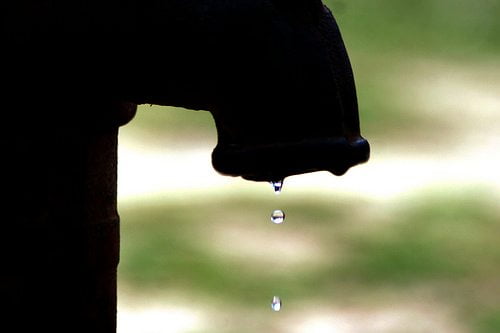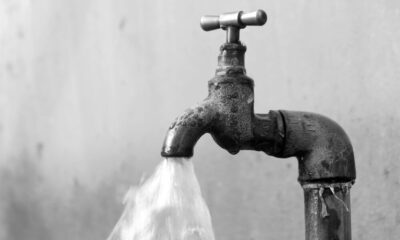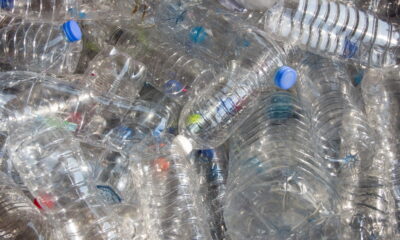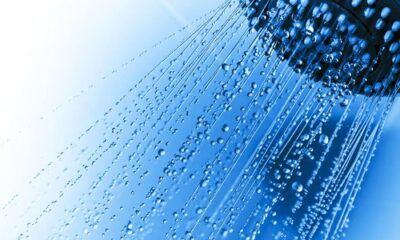

Environment
Danube Water Quality: Little Improvement Due to “Lack of Ambition” in Management Plans, Say EU Auditors
There has been little improvement in water quality along the Danube, despite countries in the river basin implementing the EU Water Framework Directive since 2004, according to a new report from the European Court of Auditors. The auditors highlight “lack of ambition” in the countries’ plans as the main reason for the limited progress. The audit focused on four Member States in the Danube river basin – the Czech Republic, Hungary, Romania and Slovakia.
“EU water policy should ensure a sufficient quantity of good-quality water for people’s needs and for the environment,” said Mr George Pufan, the Member of the European Court of Auditors responsible for the report. “For that to happen along the Danube, countries need to step up their efforts.”
Between 2007 and 2013, the European Regional Development Fund/Cohesion Fund provided €6.35 billion to Member States in the Danube basin for waste water treatment. Over the same period, the European Agricultural Fund for Rural Development provided €6.39 billion to compensate farmers taking agri-environmental measures.
But the Member States’ 2009 river basin management plans lacked ambition. The auditors pointed to a poor targeting of measures for water bodies of unsatisfactory quality. This was due in particular to shortcomings in monitoring systems resulting in a lack of data both on the type and sources of pollution that caused water bodies to fail. In addition, Member States exempted, without sufficient justification, a significant number of water bodies from important deadlines for reaching good quality status.
There were delays in the implementation of the Urban Waste Water Treatment Directive, while the Nitrates Directive (aimed at reducing nitrogen emissions) was not being fully exploited. Furthermore, treatment plants and industrial installations needing specific emission limits were not identified. Additional measures in the field of agriculture were rendered less effective as they were mainly of a voluntary nature.
The auditors make a number of recommendations both to the Member States and to the European Commission.
The Member States should:
- improve their monitoring and diagnosis systems for water pollution;
- provide clear and valid justifications when granting exemptions;
- identify cost-effective measures to be targeted;
- and consider charges or taxation to discourage emissions.
The Commission should:
- provide guidelines for differentiated reporting on progress;
- examine binding criteria for Member State inspections of urban waste water treatment plants;
- consider limiting phosphorus application on land;
- and provide guidance on cost recovery in relation to environmental damage caused by diffuse pollution (pollution caused by a range of activities). Currently, the ‘polluter pays’ principle is only partially applied to diffuse pollution from agriculture.
The Commission and the Member States should jointly assess the effectiveness of the enforcement mechanisms in agriculture.






























